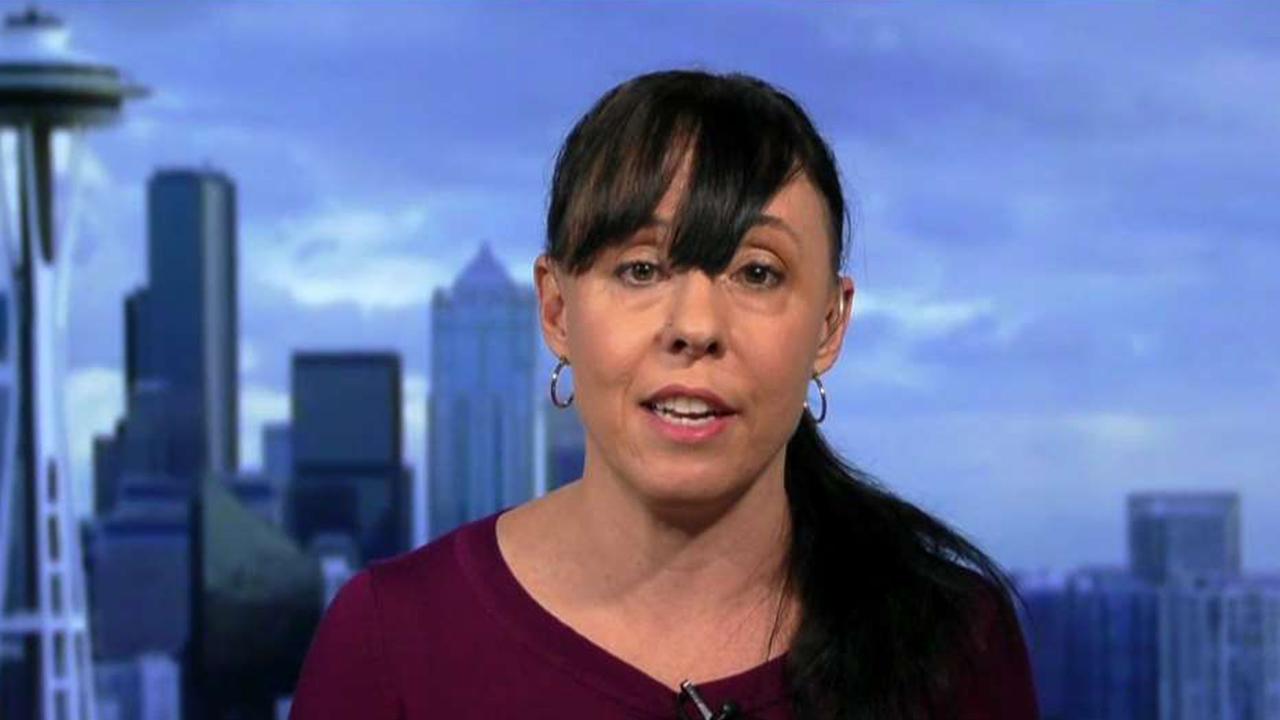Raising the minimum wage by $1 is linked to lower suicide rates, study says
From 1990 to 2015, 399,206 people with a high school diploma died by suicide, compared to 140,176 individuals with a college degree
Raising the minimum wage could help prevent thousands of suicides every year — especially when unemployment is high — among workers with a high school degree or less, according to new research.
The paper, published this week in the Journal of Epidemiology and Community Health, found that a state increase in the minimum wage by $1 might have saved more than 27,000 lives between 1990 to 2015. An increase of $2 in each state's minimum wage could have prevented more than 57,000 suicides, Emory University researchers concluded.
They analyzed data from 50 states and Washington, D.C., looking at the differences between state and federal hourly minimum wages and compared those numbers with the unemployment and suicide rate every month between 1990 and 2015.
GET FOX BUSINESS ON THE GO BY CLICKING HERE
Researchers found that increasing the minimum wage by $1 lowered the suicide rate somewhere from 3.4 percent to 4.9 percent among adults between the ages of 18 and 64, according to the study.
The federal minimum wage rate has remained at $7.25 per hour for the past decade, though 29 states and Washington have set it higher. (Over the past two weeks, more than 20 states raised base pay even higher). The annual earnings for a full-time minimum-wage worker are $15,080, which is slightly above the federal poverty line for one person.
From 1990 to 2015, 399,206 people with a high school diploma died by suicide, compared to 140,176 individuals with a college degree.
“Our findings are consistent with the notion that policies designed to improve the livelihoods of individuals with less education, who are more likely to work at lower wages and at higher risk for adverse mental health outcomes, can reduce the suicide risk in this group,” the researchers wrote in the report.
WORKERS IN 24 STATES TO GET PAY RAISE IN 2020
Researchers also found a correlation between unemployment and minimum wage: If the minimum wage had been raised by $1 following the 2009 peak in unemployment after the financial crisis, an estimated 13,800 suicides could have been prevented.
Suicide is at its highest rate since 1938, according to a recent report from the Senate’s Joint Economic Committee. In 2017, an estimated 1.7 percent of unemployed adults attempted suicide, compared with 0.4 percent of full-time workers and 0.7 percent of part-time workers, the researchers said.
It’s not the first study to draw a connection between suicide rates and economic conditions.
A National Bureau of Economic Research working paper in April estimated that raising the minimum wage and the earned income tax credit by 10 percent each could reduce suicides by an estimated 1,230 annually.
CLICK HERE TO READ MORE ON FOX BUSINESS
Still, according to a Congressional Budget Office report published in July 2019, increasing the federal minimum wage to $15 per hour could result in 1.3 million workers losing their jobs. (The report estimated there’s about a two-thirds chance that somewhere between zero and 3.7 million workers would lose their jobs).
It could also have negative consequences for small businesses, which tend to operate in more competitive markets with thin margins.
“A higher minimum wage reduces the family income of business owners to the extent that firms’ profits are reduced,” the CBO report said. “Real income is also reduced for nearly all people because increases in the prices of goods and services weaken families’ purchasing power. Over time, as businesses increasingly pass their higher costs on to consumers, the losses in business income diminish and the losses in families’ real income grow.”




















